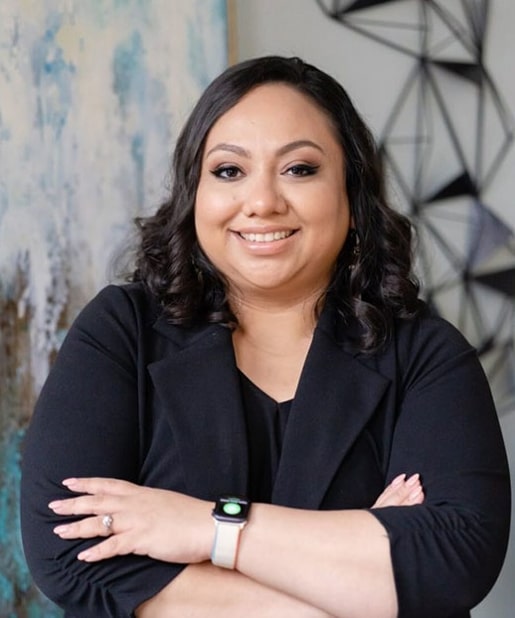Consulta gratis y en español
ABOGADOS DE INMIGRACIÓN
DE PRINCIPIO A FIN EN ESPAÑOL
Citas presenciales disponibles el día de hoy.
Richmond
4050 Innslake Drive
Suite 190
Glen Allen, VA 23060
The information provided on this website does not, and is not intended to, constitute legal advice; instead, all information, content, and materials available on this site are for general informational purposes only.
© 2023 Airington Law by
ABOGADO PARA INMIGRACIÓN CERCA DE USTED
Abogados con reseñas de 5 estrellas en Richmond, VA.
Hemos ayudado a miles a lograr el sueño americano y vivir libremente en USA.
Comprometidos con la comunidad Hispana en Richmond y alrededores.
CASOS DE INMIGRACIÓN QUE TOMAMOS
TESTIMONIOS
PERMÍTANOS AYUDARLE
Escríbanos sobre su caso y nuestro equipo legal se pondrá en contacto con usted para ofrecerle su consulta gratuita.
¿Caso de inmigración? Las Abogadas Del Pueblo en Richmond, VA están en su disposición 24/7. Llámenos.
Visa de matrimonio
Para casarse en EU, se necesita una visa K-1 y casarse dentro de los 90 días después de obtener la visa. Luego se puede solicitar la residencia permanente, pero el proceso es complejo. Los abogados de Airington Law pueden ayudar en todo el camino.
Inmigración familiar
Visa para víctimas de crímen
Si usted es ciudadano de EU, puede solicitar la residencia permanente (tarjeta verde), visa K-3 o K-4, o visa de prometido/a para ciertos familiares. En Airington Law podemos ayudarle a que su caso de inmigración familiar se resuelva exitosamente.
Si fue víctima de un delito que ocurrió en EU, podría ser elegible para una Visa U de no inmigrante. La visa le dará un estatus legal temporal en EU mientras la policía está buscando y procesando al criminal. Para obtener esta Visa necesita un abogado de inmigración.
Los ciudadanos y residentes permanentes legales de los EU. pueden presentar una solicitud en nombre de sus familiares en Colombia, Guatemala, El Salvador o Honduras para que ellos puedan viajar a los Estados Unidos y solicitar un permiso de trabajo.
Reunificación de familias con parole
Ciudadanía
Perdón migratorio
La ciudadanía en EU se obtiene por nacimiento, derecho de sangre o naturalización. No todos califican y es importante entender los requerimientos y procesos. Nuestros abogados certificados en Airington Law le pueden ayudar a asegurar su vida en EU.
El perdón migratorio es un indulto otorgado a extranjeros que hayan violado las leyes de EE. UU. y sean inadmisibles en el país. Se verifica la existencia de antecedentes penales antes de conceder una visa. Si usted o algún familiar tiene un caso de perdón migratorio lo ayudamos.
NUESTRO EQUIPO LEGAL
COMO TRABAJAMOS
Mantenemos a las familias unidas
Comprometidos con el Sueño Americano y las personas que lo buscan
NUESTRO EQUIPO LEGAL
COMO TRABAJAMOS
804-373-8004
804-373-8004























